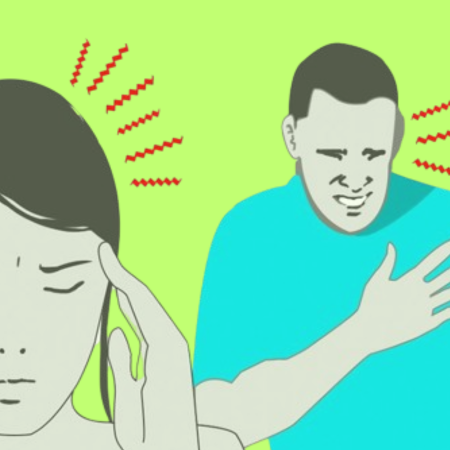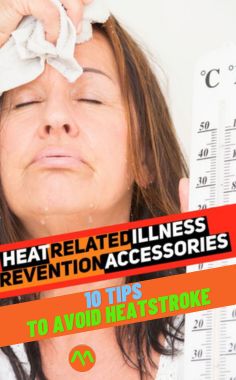Have you ever wondered how blood flows through your body to keep you healthy and functioning properly? Your arteries play a crucial role in this process, carrying oxygen-rich blood from your heart to various parts of your body. However, when these vital passageways become narrowed or blocked, it can lead to serious health issues. In this article, we will explore six signs that indicate you may have blocked arteries and need medical attention.
Sign 1: Chest Pain or Angina
One of the most common signs of blocked arteries is chest pain, also known as angina. This discomfort occurs when the heart muscle doesn’t receive enough oxygen due to reduced blood flow caused by narrowed or blocked arteries. Angina may manifest as a squeezing, pressure-like sensation in the chest, which can radiate to the arms, shoulders, neck, or jaw. It is essential to recognize the different types of angina, such as stable angina (predictable chest pain during physical activity) and unstable angina (unpredictable chest pain at rest), and seek medical attention if you experience these symptoms.
Sign 2: Shortness of Breath
Blocked arteries can also affect your lungs, leading to shortness of breath. When the arteries that supply blood to the lungs become narrowed or blocked, it impairs the exchange of oxygen and carbon dioxide. As a result, you may experience difficulty breathing, even during routine activities or while at rest. Shortness of breath associated with blocked arteries can be accompanied by other symptoms like chest pain, dizziness, and fatigue. If you notice a persistent shortness of breath, it’s crucial to consult a healthcare professional.


